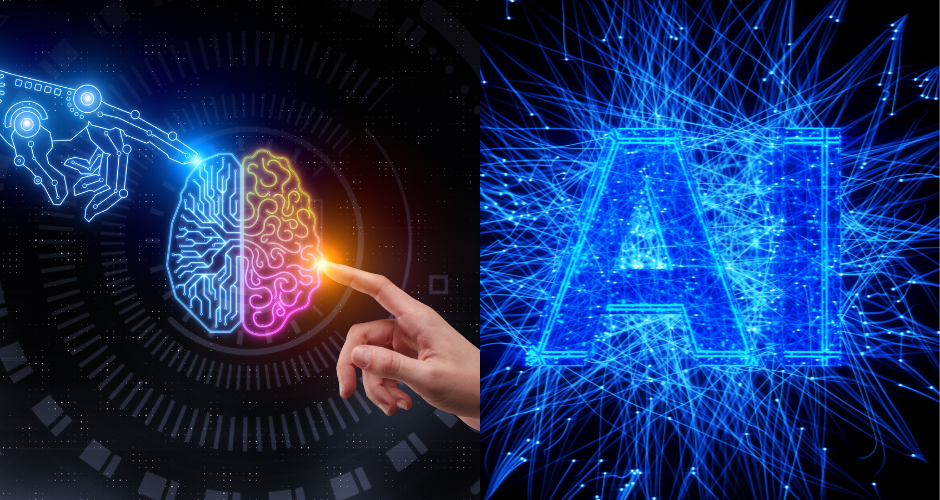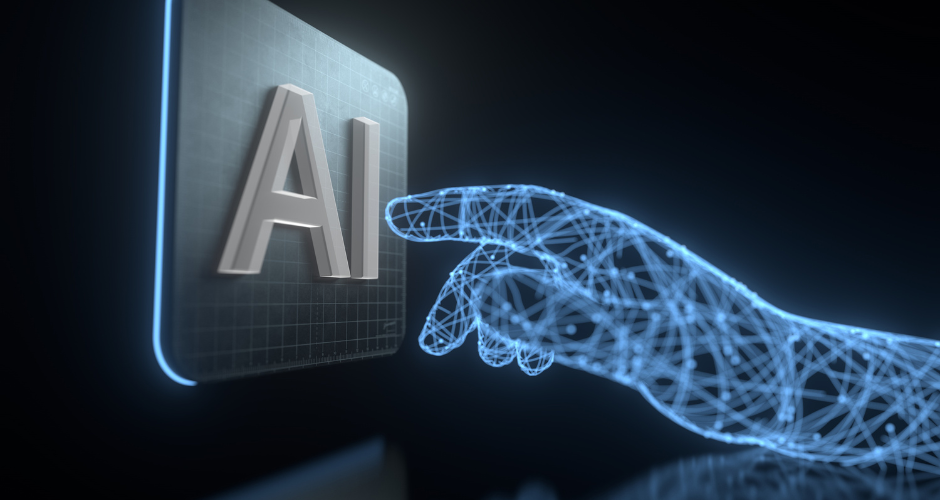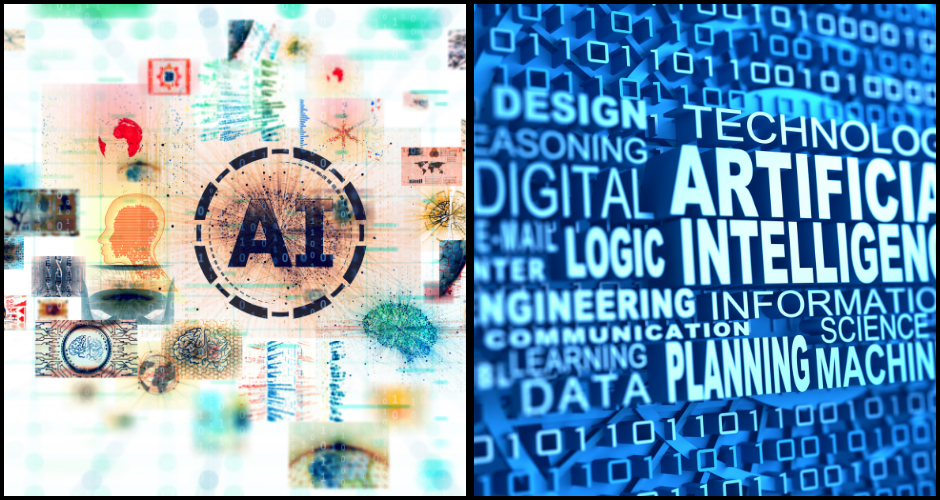Unlocking Potential: The Importance of Artificial Intelligence

In today’s rapidly evolving technological landscape, Artificial Intelligence (AI) stands as a transformative force with the power to revolutionize industries, reshape economies, and enhance human capabilities. From personalized recommendations on streaming platforms to autonomous vehicles navigating city streets, AI is becoming increasingly integrated into our daily lives, offering unparalleled opportunities for innovation and progress. The importance of AI cannot be overstated, as it holds the key to addressing some of the most pressing challenges facing society and unlocking new frontiers of possibility.
Driving Innovation and Efficiency
One of the most significant contributions of AI lies in its ability to drive innovation and efficiency across various sectors. By harnessing the power of machine learning algorithms, AI enables organizations to analyze vast amounts of data, identify patterns, and derive actionable insights in real-time. This capability has revolutionized fields such as healthcare, finance, and manufacturing, where AI-driven analytics are used to improve decision-making, optimize processes, and drive business outcomes.

Enhancing Human Capabilities
Contrary to popular fears of job displacement, AI has the potential to enhance human capabilities rather than replace them. Through automation of repetitive tasks and augmentation of cognitive functions, AI empowers workers to focus on higher-value activities that require creativity, critical thinking, and emotional intelligence. In fields ranging from customer service to scientific research, AI-enabled tools and applications are augmenting human expertise, leading to increased productivity and innovation.
Advancing Personalization and Customization
AI algorithms excel at understanding and predicting individual preferences, behaviors, and needs, enabling the delivery of personalized experiences across various domains. From tailored recommendations on e-commerce platforms to adaptive learning systems in education, AI-driven personalization is revolutionizing the way products and services are designed, delivered, and consumed. By catering to the unique preferences and requirements of users, AI enhances user satisfaction, loyalty, and engagement.
Addressing Societal Challenges
Beyond business and consumer applications, AI has the potential to address some of the most pressing societal challenges, including healthcare, education, and environmental sustainability. In healthcare, AI-powered diagnostic tools and predictive analytics are revolutionizing disease detection, treatment planning, and patient care, leading to improved outcomes and reduced costs. In education, AI-driven adaptive learning platforms are personalizing instruction, identifying learning gaps, and improving educational outcomes for students of all ages and abilities. In environmental sustainability, AI is being used to optimize resource management, monitor biodiversity, and mitigate the impacts of climate change, offering innovative solutions to complex ecological problems.

Ethical and Social Implications
Despite its immense potential, the widespread adoption of AI raises important ethical and social implications that must be addressed proactively. Concerns about data privacy, algorithmic bias, job displacement, and autonomous decision-making require careful consideration and regulatory oversight to ensure that AI technologies are developed and deployed responsibly. Ethical frameworks, transparency measures, and stakeholder engagement are essential for fostering trust, accountability, and inclusivity in the AI-driven world.
In conclusion, the importance of Artificial Intelligence cannot be overstated, as it represents a paradigm shift in how we interact with technology, solve problems, and shape the future of society. By driving innovation, enhancing human capabilities, advancing personalization, and addressing societal challenges, AI holds the potential to create a brighter, more prosperous future for all. However, realizing this potential requires a collaborative effort from governments, businesses, academia, and civil society to harness the transformative power of AI responsibly and ethically. Through strategic investments, thoughtful regulations, and inclusive governance frameworks, we can harness the full potential of AI to build a more equitable, sustainable, and resilient world for generations to come.